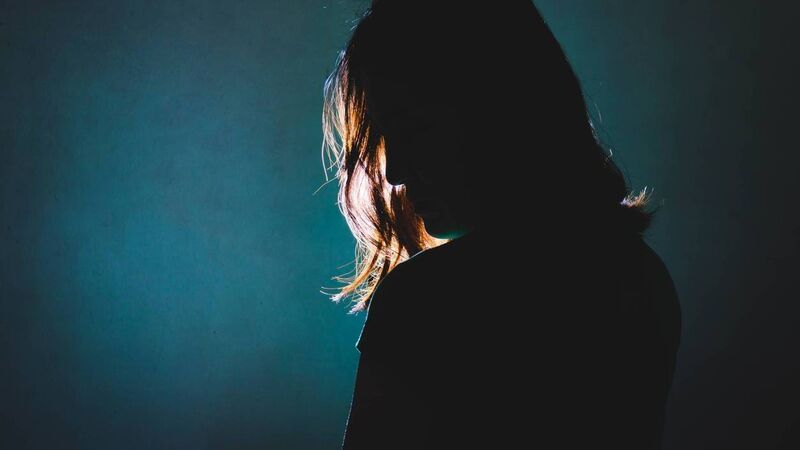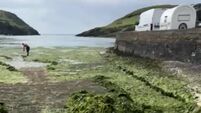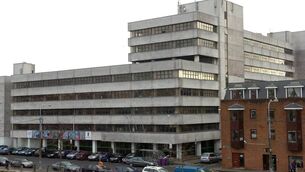New Cork/Kerry centre 'has met dozens of migrants trafficked for sexual exploitation'

Ruhama's chief executive Barbara Condon said that, because most victims of sexual exploitation are migrants, they do not have a network here in Ireland to support them. Picture: iStock
Ruhama has said it has dealt with 80 alleged victims of sexual exploitation and human trafficking at its new service for the Cork and Kerry region.
The service got under way in April 2024 and is being formally launched today, Friday, by Taoiseach Micheál Martin.















